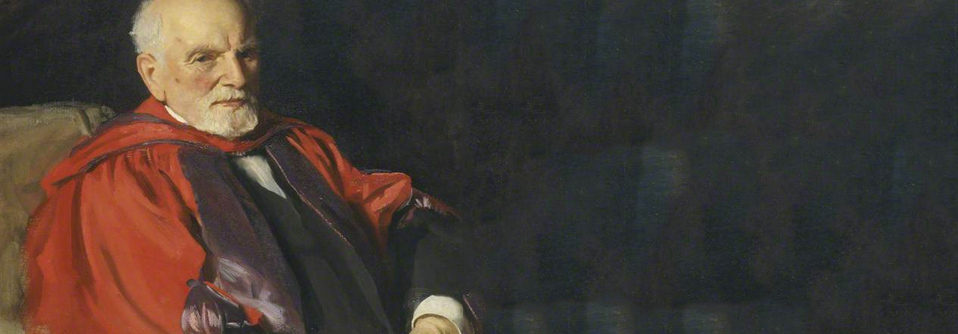Alfred Thomas and Wales in Parliament, 1885-1910

Alfred Thomas (1840–1927) is a curiously neglected figure in the history of late nineteenth century Wales. This is in spite of the fact that he left voluminous personal papers (most of which are now housed in the Glamorgan Record Office), and was a regular correspondent of a number of prominent politicians. There are a number of reasons for this; firstly, his name is similar to that of David Alfred Thomas, latterly Lord Rhondda, a more significant figure given his personal conflicts with Lloyd George and organised labour. Indeed, two recent authors have confused the two men in writing about the period.1 Alfred Thomas’ long life has also contributed to this neglect; by the time Thomas died in 1927, the Golden Age of Welsh Liberalism was past, and the Nonconformity to which he devoted much of his life had begun its long decline. He never married, and so left no children to perpetuate his memory, as D. A. Thomas and Lloyd George did. Lastly, one cannot avoid the impression that Alfred Thomas, a life-long bachelor, an evangelical Baptist, teetotal, vegetarian,2 given to writing hymn tunes in his spare time, has simply failed to excite the interest of modern historians.
Although Thomas may be regarded as less personally exciting than Lloyd George, his career tells us more about Welsh politics and Liberalism in the years between 1885 and 1910, being in many ways a more representative figure than ‘the Welsh Wizard’. As such, a study of his career is long overdue. A social leader in his native Cardiff, his political career culminated in the chairmanship of the Welsh Parliamentary Liberal Party from 1898 to 1910. During this time, Alfred Thomas had not only to grapple with the divisions of the Liberal Party during its wilderness years after the 1895 Conservative landslide, but the years after the Liberal landslide of 1906; an equally challenging period for Welsh Liberalism.
£3.00
or to access all content on this site, join today

For £35 a year you can access all lectures and articles on this site, attend lectures and receive our yearly Transactions
Filter by Volume
Filter by Subject
- 16th Century
- 18th century
- 19th century
- 20th century
- Abertillery
- Acts of Union
- Archaeology
- Architecture
- Arts
- Autobiography
- Bible
- bilingualism
- Biography
- Burma
- Business
- Cardiff
- chemistry
- Climate change
- constitutional
- contemporary
- Cycling
- Cymmrodorion Society
- David History
- David Jones
- Development Bank of Wales
- Devolution
- Dylan Thomas
- ecology
- Economics
- Education
- Edward Lhuyd
- eighteenth century
- Environment
- Film
- Folk Song
- Geology
- health
- Heritage
- Higher Education
- Historiography
- History
- History of Art
- History of Medicine
- History of music
- History of the Book
- history; History
- Horticulture
- Industrial History
- Intellectual History
- Iolo Morganwg
- Islam
- Jews
- John Nash
- journalism
- Language
- Law
- Law constitutional
- Legal History
- Legal Law
- Literary History
- Literature
- Liverpool
- Lloyd George
- London Welsh
- Male voice choirs
- Manuscripts
- Media
- medieva
- medieval
- Medieval History
- Medieval Literature
- medieval Poetry
- Military History
- Museums
- Music
- Myth
- Owain Glyndŵr
- Peter Warlock
- Philadelphia
- Poetry
- political
- Political History
- Politics
- prose fiction
- Railways
- Religion
- Religious History
- Science
- sixteenth century
- social
- Social History
- Sport
- Suffragette movement
- Swansea
- Tourism
- travel
- Tudors
- twentieth century
- Urban History
- Vikings
- Waldo Williams
- Wales
- war
- wellbeing
- Welsh Development
- Welsh development and investment
- Welsh Language
- welsh society
- Welsh writing in English
- Welsh; History
- Wild Wales
- women's history
- WW1
- WW2

